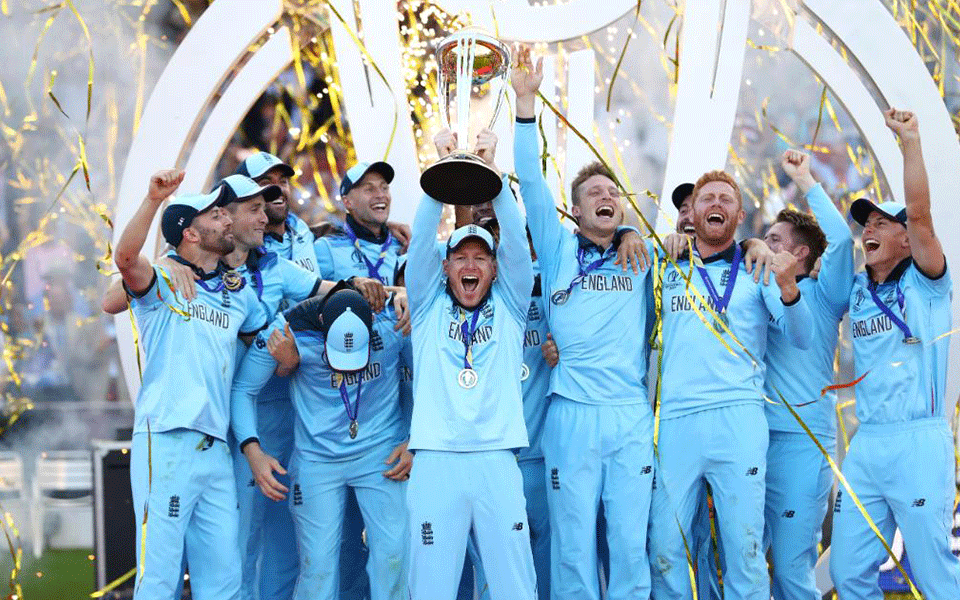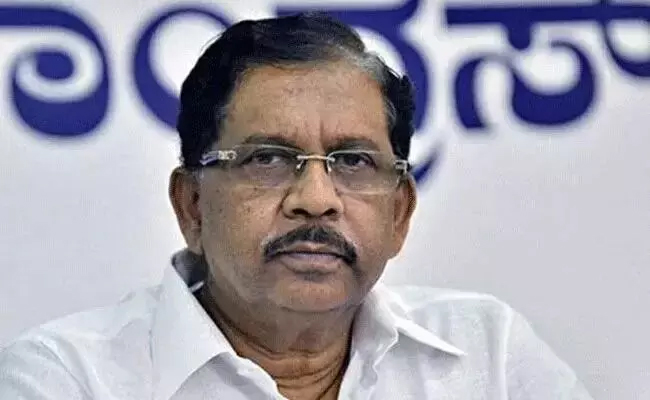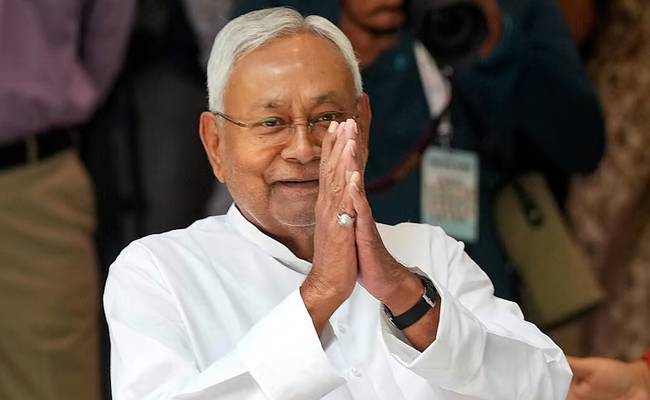London, July 14: England lifted their maiden ICC World Cup trophy, beating a battle-hardened New Zealand in a nerve-wracking final that was decided via a dramatic Super Over here Sunday.
Opting to bat, New Zealand once again put up a modest batting performance under overcast conditions to post 241 for eight against a quality England pace attack that kept on asking probing questions.
In reply, appearing in their fourth tournament final, England ended at the same score leading to the one-over eliminator at the Lord's.
In the Super Over, England batted first and the duo of Ben Stokes, who kept the hosts in the game with a brilliant 84 off 98 balls, and Jos Buttler made 15, and New Zealand also ended at the same score but for the loss of one wicket, paving the way for an English victory on boundary count.
In the 50-over contest, England hit 24 boundaries while New Zealand had 16. And, in the Super Over, the home team blasted two fours, and Kane Williamson's team hit a six.
This was after Colin de Grandhomme produced the most economical 10-over spell in a World Cup final since Derek Pringle's 3/22 in 1992, finishing with figures of 1/21, while the Lockie Ferguson and Jimmy Neesham chipped in with three wickets each.
Earlier, Henry Nicholls (55 off 77 balls) and skipper Kane Williamson (30 off 53) added 74 runs for the second wicket after a fabulous first spell from Chris Woakes (3/37 in 9 overs) and Jofra Archer (1/42 in 10 overs) on a helpful Lord's track.
During his stay in the middle, Williamson also became the captain with most number of runs in a single World Cup, breaking the 12-year-old record of former Sri Lanka skipper Mahela Jayawardene who had amassed 548 runs in the 2007 edition.
While Woakes had the best figures statistically, it was the tall Liam Plunkett (3/42 in 10 overs), who used the cross-seam variations effectively to stop the Black Caps on their tracks
In their chase, England lost Jason Roy for a 17 and then saw Joe Root (7) and Jonny Bairstow (36) getting dismissed to leave the hosts reeling at 71 for three in the 20th over. It became worse when Lockie Ferguson took a brilliant diving catch running in from the deep to send back skipper Eoin Morgan (9) as England slipped to 86 for four in the 24th over.


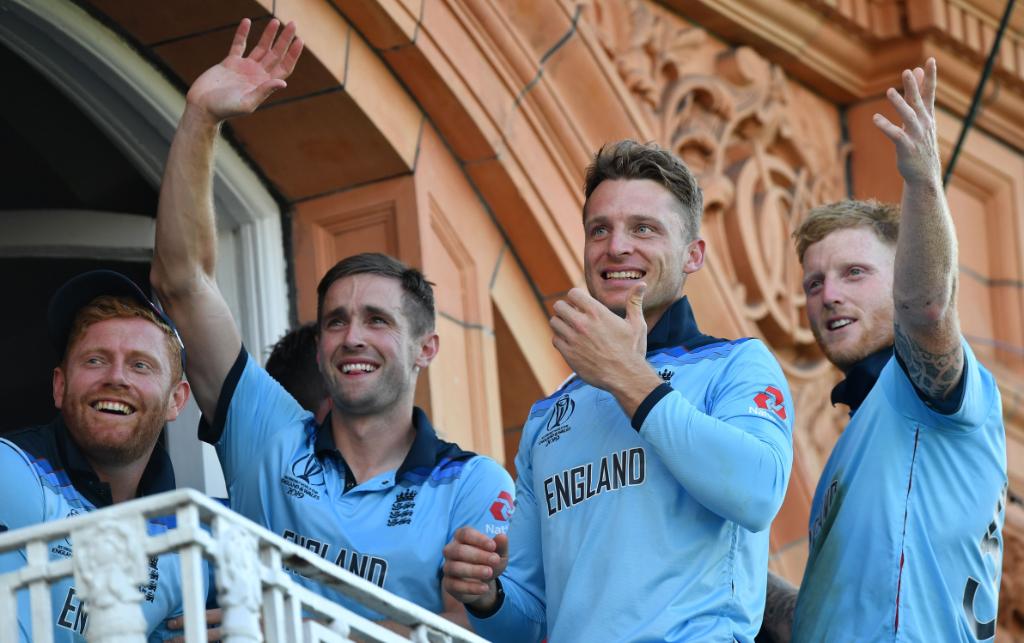
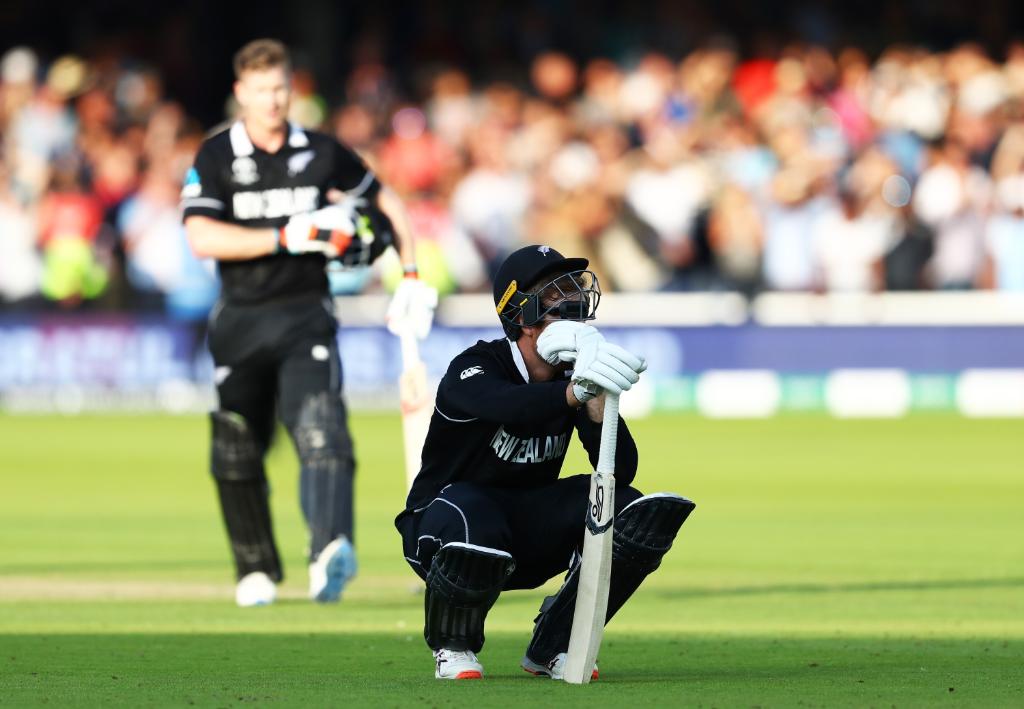
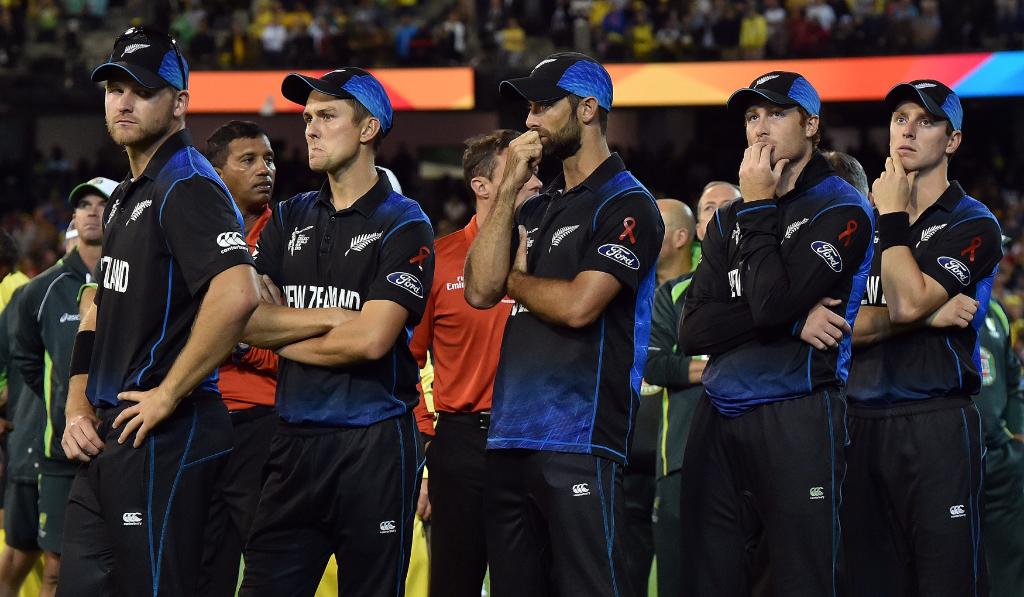
Let the Truth be known. If you read VB and like VB, please be a VB Supporter and Help us deliver the Truth to one and all.
Colombo (AP): A US submarine sank an Iranian warship off the coast of Sri Lanka, and Sri Lanka's navy said Wednesday it recovered 87 bodies and rescued 32 people.
The Iranian vessel that was sunk in the Indian Ocean was the Islamic Republic's “prize ship,” US Defence Secretary Pete Hegseth said at a Pentagon news briefing. Hegseth said it was the first sinking of an enemy ship with a torpedo by the US since World War II.
Sri Lanka's Foreign Minister Vijitha Herath told Parliament that its navy received information that the IRIS Dena, with 180 people on board, was in distress and sinking. The island nation sent ships and air force planes on a rescue mission, he said.
Navy spokesman Commander Buddhika Sampath said by the time navy ships reached the location, there was no sign of the ship and “there were only some oil patches and life rafts. We found people floating on the water.”
He said the 32 people rescued were admitted to a hospital in the seaside town of Galle on the Sri Lanka's southern coast. The bodies recovered were being brought to land, he said.
Dr Anil Jasinghe, a top health ministry official, said one of those rescued is in critical condition, seven are receiving emergency treatment and others are being treated for minor injuries.
The IRIS Dena — one of Iran's newest warships — is a Moudge-class frigate that patrols in deep water for the Iranian navy. It is armed with heavy guns, surface-to-air missiles, anti-ship missiles and torpedoes. It also carries one helicopter.
The frigate was the centerpiece of a two-ship international tour in 2023 that included port calls in countries including South Africa and Brazil. It was accompanied by the support ship IRIS Makran, a converted oil tanker.
The US Treasury Department included both ships on a sanctions designation in February 2023 along with eight executives of an Iranian drone manufacturer that supplied the weapons to Russia for use against civilian targets in Ukraine.
At least 17 Iranian naval vessels have been sunk during the ongoing war, said US Adm Brad Cooper, who leads the American military's Central Command.
“We are also sinking the Iranian navy — the entire navy,” he said in a video message.

